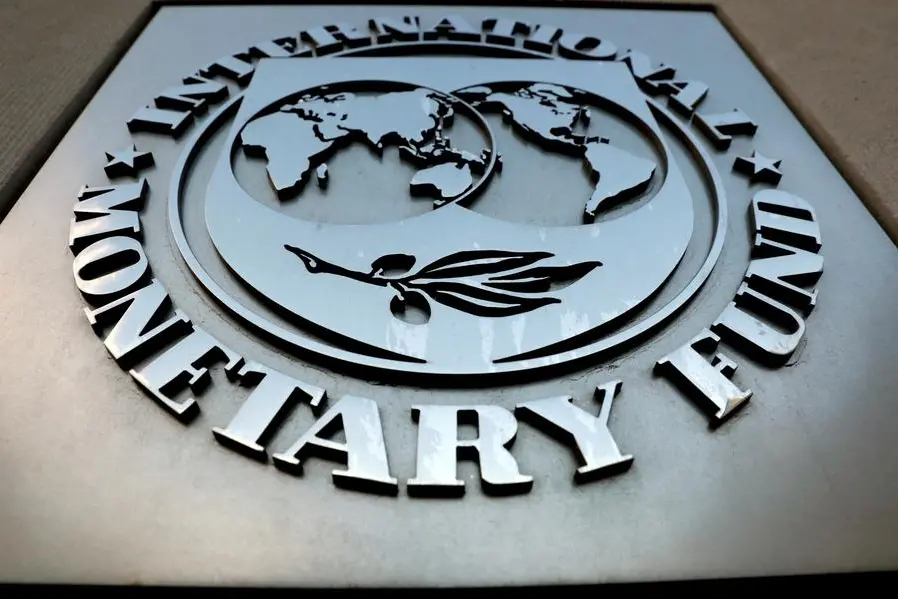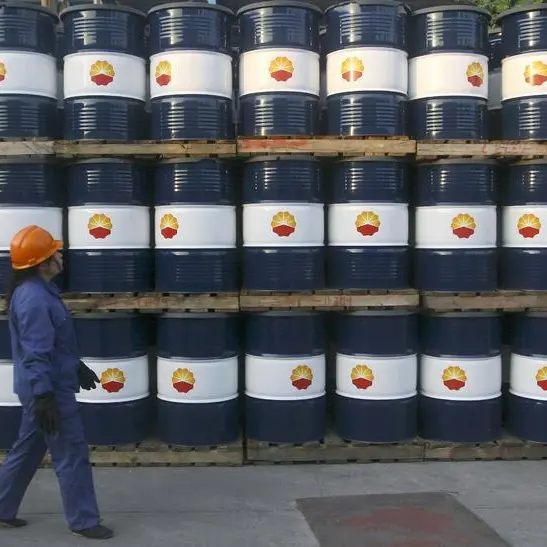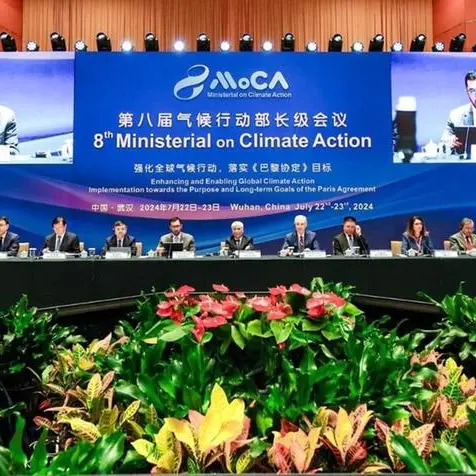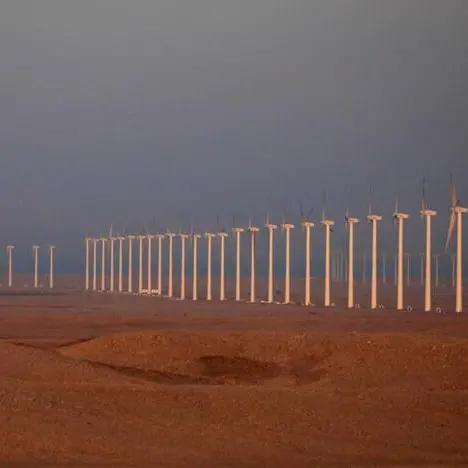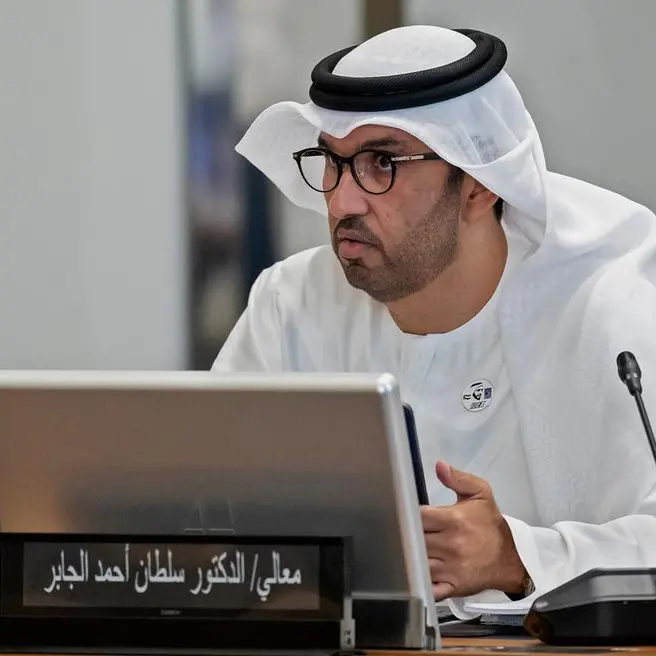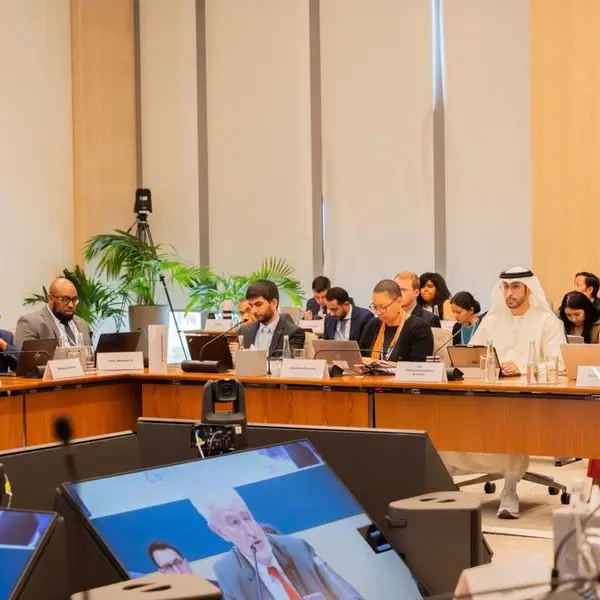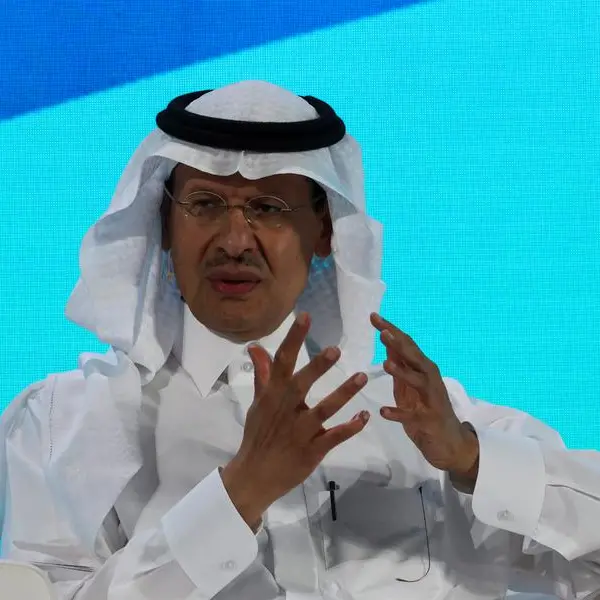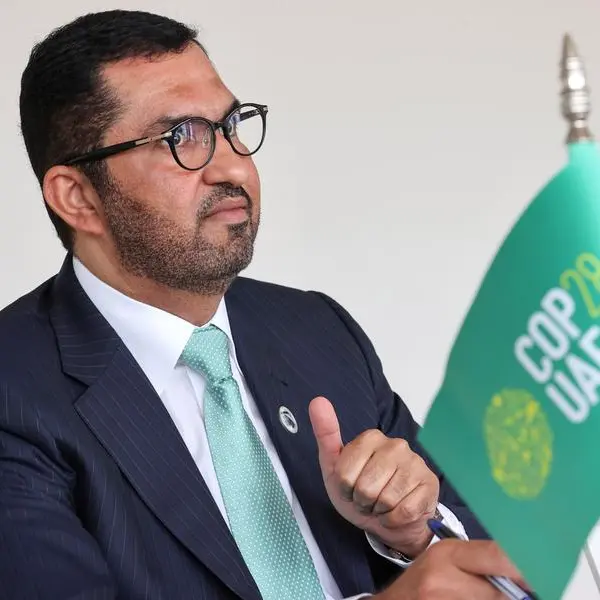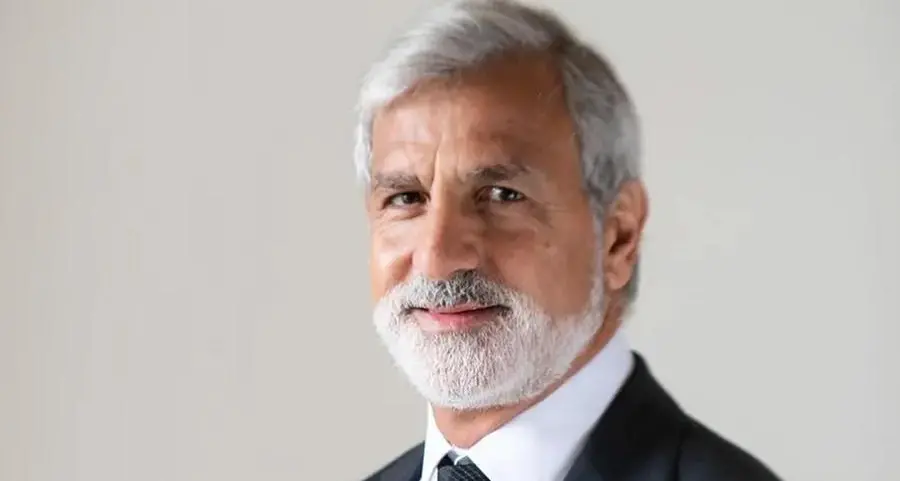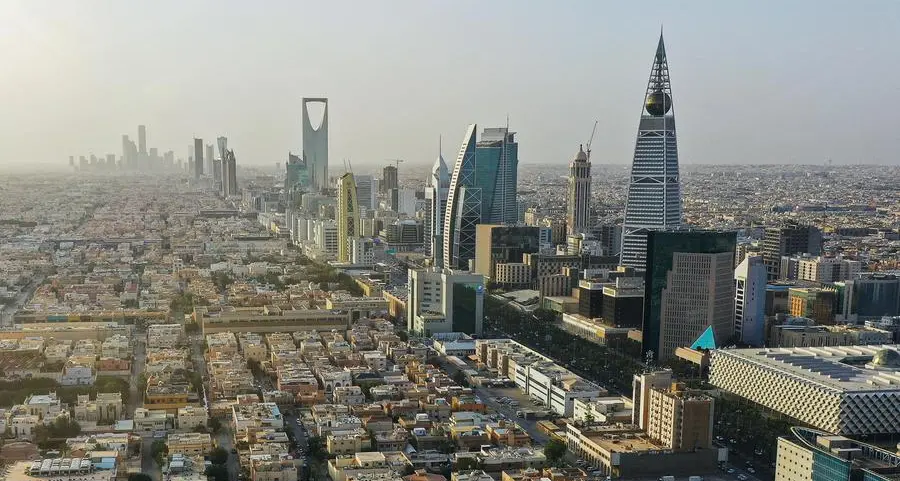PHOTO
The International Monetary Fund (IMF) has emphasised that cooperation is required to mitigate the effects of climate change and facilitate the green energy transition, building on recent agreements at the 2023 Conference of the Parties to the UN Framework Convention on Climate Change (COP28)
The IMF - in its World Economic Outlook Update - stressed the importance of strengthening resilience through multilateral cooperation, noting that intensified cooperation in areas of common interest is vital for mitigating the costs of the separation of the world economy into blocs.
The report added that safeguarding the transportation of critical minerals, restoring the World Trade Organisation's ability to settle trade disputes, ensuring the responsible use of potentially disruptive new technologies, upgrading domestic regulatory frameworks and harmonising global principles are further priorities.
As inflation declines toward target levels across regions, the near-term priority for central banks is to deliver a smooth landing, neither lowering rates prematurely nor delaying such lowering too much, the report explained.
With inflation drivers and dynamics differing across economies, policy needs for ensuring price stability are increasingly differentiated. At the same time, in many cases, amid rising debt and limited budgetary room to manoeuvre, and with inflation declining and economies better able to absorb the effects of fiscal tightening, a renewed focus on fiscal consolidation is needed. Intensifying supply-enhancing reforms would facilitate both inflation and debt reduction and enable a durable rise in living standards.
